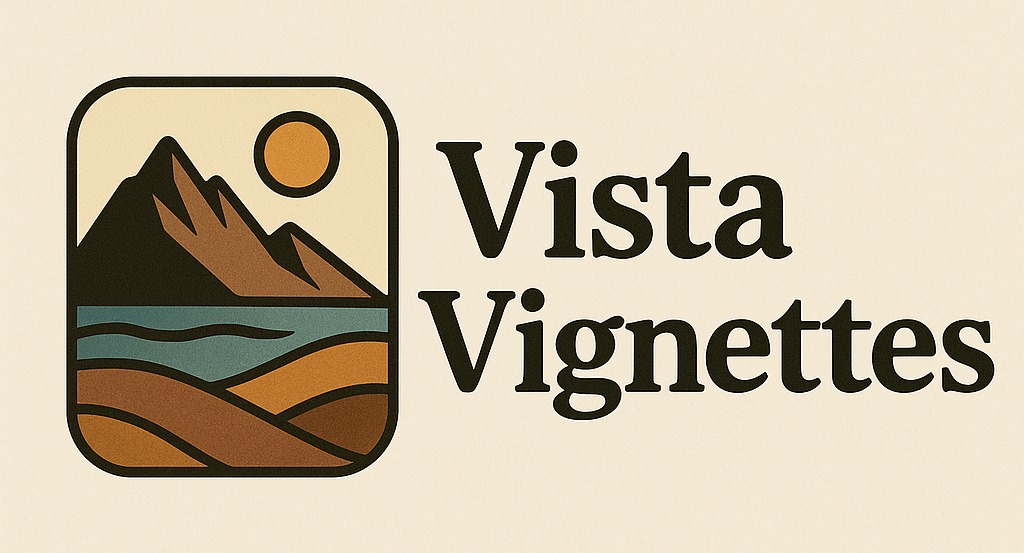:max_bytes(150000):strip_icc():format(jpeg)/How-ICE-is-impacting-the-DTLA-bar-community-FT-BLOG0725-e7d038cc17de4747950f82bd855b3e39.jpg)
On June 6, Immigration and Customs Enforcement (ICE) brokers carried out a number of controversial immigration raids in and round downtown Los Angeles, recognized within the space as DTLA. After 5 days of more and more contentious clashes between protesters and legislation enforcement, the town imposed a curfew on June 10, which lasted every week.
The collection of occasions vastly impacted the neighborhood each socially and economically. Amongst these affected have been DTLA’s bars and eating places, which have struggled to regain the soundness they loved throughout their pre-COVID renaissance. Restoration has been sluggish, and considerations over the world’s long-term financial well being rumble all through the hospitality business. Regardless of this, the DTLA bar neighborhood nonetheless carries emotions of resilience, unity, and positivity.
The speedy affect
The curfew compelled space bars to pivot shortly to compensate. Some shut down till the curfew ended. Others opened their doorways earlier. The Wolves, in DTLA’s Historic Core neighborhood, selected the latter choice. The choice’s economics weren’t fairly.
Courtesy of The Wolves
“On June 12, we determined to open from 3 PM to 7 PM. We thought it could be value it financially. It wasn’t,” says Isaac Mejia, proprietor of The Wolves. “We solely made $126.18. The subsequent day was a Friday, and we solely introduced in $671. On a Friday. Our labor prices that day have been $744, and that was with a skeleton crew.”
The monetary affect lingered when common enterprise hours resumed. “On Sunday, June 21 – 4 days after the curfew – we solely made $272.64,” he says.
The residual results
Within the weeks following the curfew, enterprise has remained sluggish. Sidewalks are quieter than regular. Buildings stay boarded up. Neighborhood regulars are returning, however individuals exterior DTLA have but to return again. The outcome has been decrease gross sales, even for what’s historically a sluggish time of 12 months.
Courtesy of Wolf and Crane bar
“There’s positively been rather less foot site visitors general,” says Jason Valdez, common supervisor of Wolf and Crane Bar in DTLA’s Little Tokyo district. “I don’t like phrases like ‘enterprise trauma,’ however these previous few weeks have given off a pandemic really feel.”
The curfew’s prices aren’t simply financial. The preliminary ICE raids solid a blanket of concern, and these anxieties proceed to penetrate the bar neighborhood. “One of many members of our cleansing crew is simply too afraid to return in and decide up his test,” says Mejia. “He sends his son to choose it up for him.”
“I wouldn’t say I concern for my security or that I’m scared to return into work, however I’d be naïve to suppose that I’m not in danger just by being brown-skinned and Mexican,” says Rocio Briseno, bartender at The Mermaid, additionally within the Little Tokyo district. “There’s simply a lot data to course of, and I discover myself needing to take time away from every part and simply kind of collect myself and my ideas.”
A present of help
The Mermaid additionally adjusted hours throughout the curfew. In line with co-owner Arelene Roldan, the choice got here from a want to function a rallying cry for each workers and the neighborhood amid the turmoil.
“When the curfew occurred, I confirmed up day by day, not simply to handle the enterprise, however to be a presence,” says Roldan. “I needed my workforce to know they weren’t alone, and staying open was a approach of offering them stability. On the similar time, we additionally consider in being strategic, intentional, and unwavering in our help for our neighborhood. On the finish of the day, what we’re saying is: ‘We’re not OK with what’s taking place, and we gained’t be silent about it.’”
As DTLA bars battle to regain their footing, their dedication to the neighborhood stays unwavering.
Arelene Roldan, co-owner, The Mermaid, Los Angeles
“We additionally consider in being strategic, intentional, and unwavering in our help for our neighborhood. On the finish of the day, what we’re saying is: ‘We’re not OK with what’s taking place, and we gained’t be silent about it.’”
— Arelene Roldan, co-owner, The Mermaid, Los Angeles
“We’re nonetheless what we’ve all the time been, a sanctuary for our company to speak to their neighbors and let loose their considerations,” says Valdez. “That’s vital, as a result of it’s doubtless their neighbors could have related considerations.”
There’s additionally been a deepened bond between the bars themselves. Many are working collectively to advertise one another and create equitable paths of restoration and development. Whereas no business clings to the phrase “a rising tide raises all boats” fairly like hospitality, there’s additionally a way of necessity at play.
“I truthfully haven’t seen a lot when it comes to assist for the business from Los Angeles [city government],” says Mejia. “We bars have all realized that we have now to stay collectively.”
The present and future state of DTLA bars
There’s concern that the ICE raids and their aftermath pushed the DTLA bar scene nearer to break down. On July 7, the historic DTLA restaurant and bar Cole’s French Dip introduced it’ll shut after 117 years of operation, which solely amplified this fear. And but, regardless of all of the periodic suits of misfortune and chaos, hope by some means persists.
“I nonetheless consider in L.A. This metropolis has coronary heart, range, and a spirit of perseverance,” says Roldan. “Downtown hospitality could also be at a breaking level, however we’re not damaged.”

:max_bytes(150000):strip_icc()/How-ICE-is-impacting-the-DTLA-bar-community-FT-BLOG0725-e7d038cc17de4747950f82bd855b3e39.jpg?w=696&resize=696,0&ssl=1)
